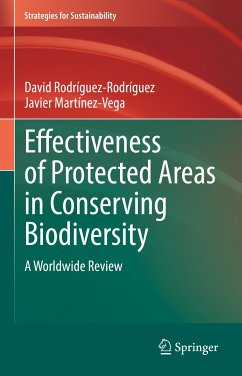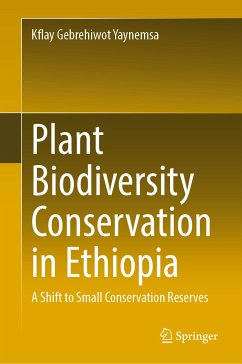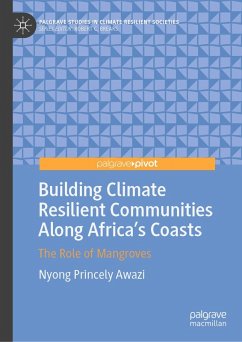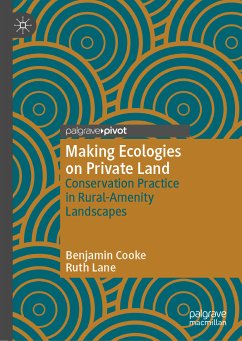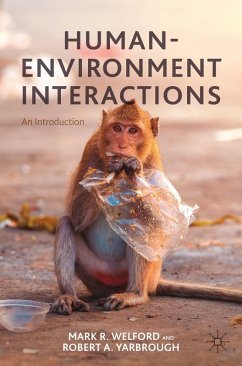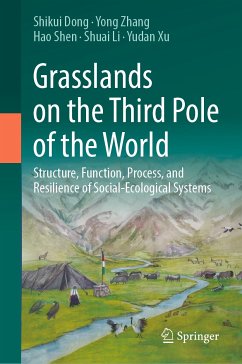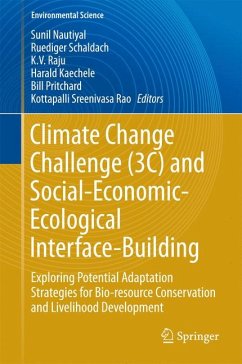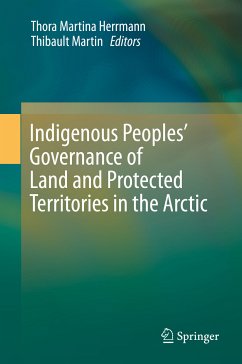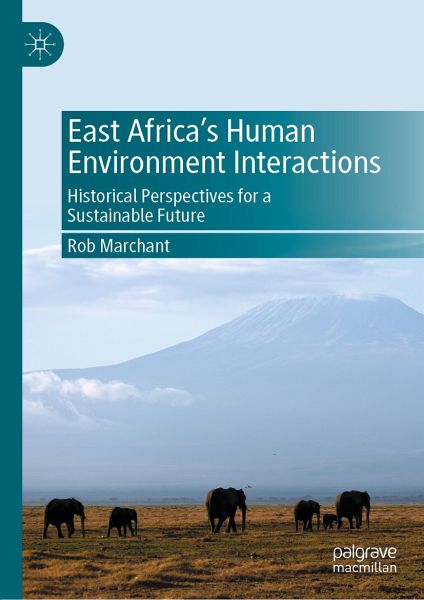
East Africa's Human Environment Interactions (eBook, PDF)
Historical Perspectives for a Sustainable Future
Versandkostenfrei!
Sofort per Download lieferbar
96,95 €
inkl. MwSt.
Weitere Ausgaben:

PAYBACK Punkte
48 °P sammeln!
This book is an ambitious integration of ecological, archaeological, anthropological land use sciences, drawing on human geography, demography and economics of development across the East Africa region. It focuses on understanding and unpicking the interactions that have taken place between the natural and unnatural history of the East African region and trace this interaction from the evolutionary foundations of our species (c. 200,000 years ago), through the outwards and inwards human migrations, often associated with the adoption of subsistence strategies, new technologies and the arrival o...
This book is an ambitious integration of ecological, archaeological, anthropological land use sciences, drawing on human geography, demography and economics of development across the East Africa region. It focuses on understanding and unpicking the interactions that have taken place between the natural and unnatural history of the East African region and trace this interaction from the evolutionary foundations of our species (c. 200,000 years ago), through the outwards and inwards human migrations, often associated with the adoption of subsistence strategies, new technologies and the arrival of new crops. The book will explore the impact of technological developments such as transitions to tool making, metallurgy, and the arrival of crops also involved an international dimension and waves of human migrations in and out of East Africa. Time will be presented with a widening focus that will frame the contemporary with a particular focus on the Anthropocene (last 500 years) to the presentday. Many of the current challenges have their foundations in precolonial and colonial history and as such there will be a focus on how these have evolved and the impact on environmental and human landscapes. Moving into the Anthropocene era, there was increasing exposure to the International drivers of change, such as those associated with Ivory and slave trade. These international trade routes were tied into the ensuing decimation of elephant populations through to the exploitation of natural mineral resources have been sought after through to the present day.
The book will provide a balanced perspective on the region, the people, and how the natural and unnatural histories have combined to create a dynamic region. These historical perspectives will be galvanized to outline the future changes and the challenges they will bring around such issues as sustainable development, space for wildlife and people, and the position of East Africa within a globalized world and how this is potentially going to evolve over the coming decades.
Dieser Download kann aus rechtlichen Gründen nur mit Rechnungsadresse in A, B, BG, CY, CZ, D, DK, EW, E, FIN, F, GR, HR, H, IRL, I, LT, L, LR, M, NL, PL, P, R, S, SLO, SK ausgeliefert werden.



